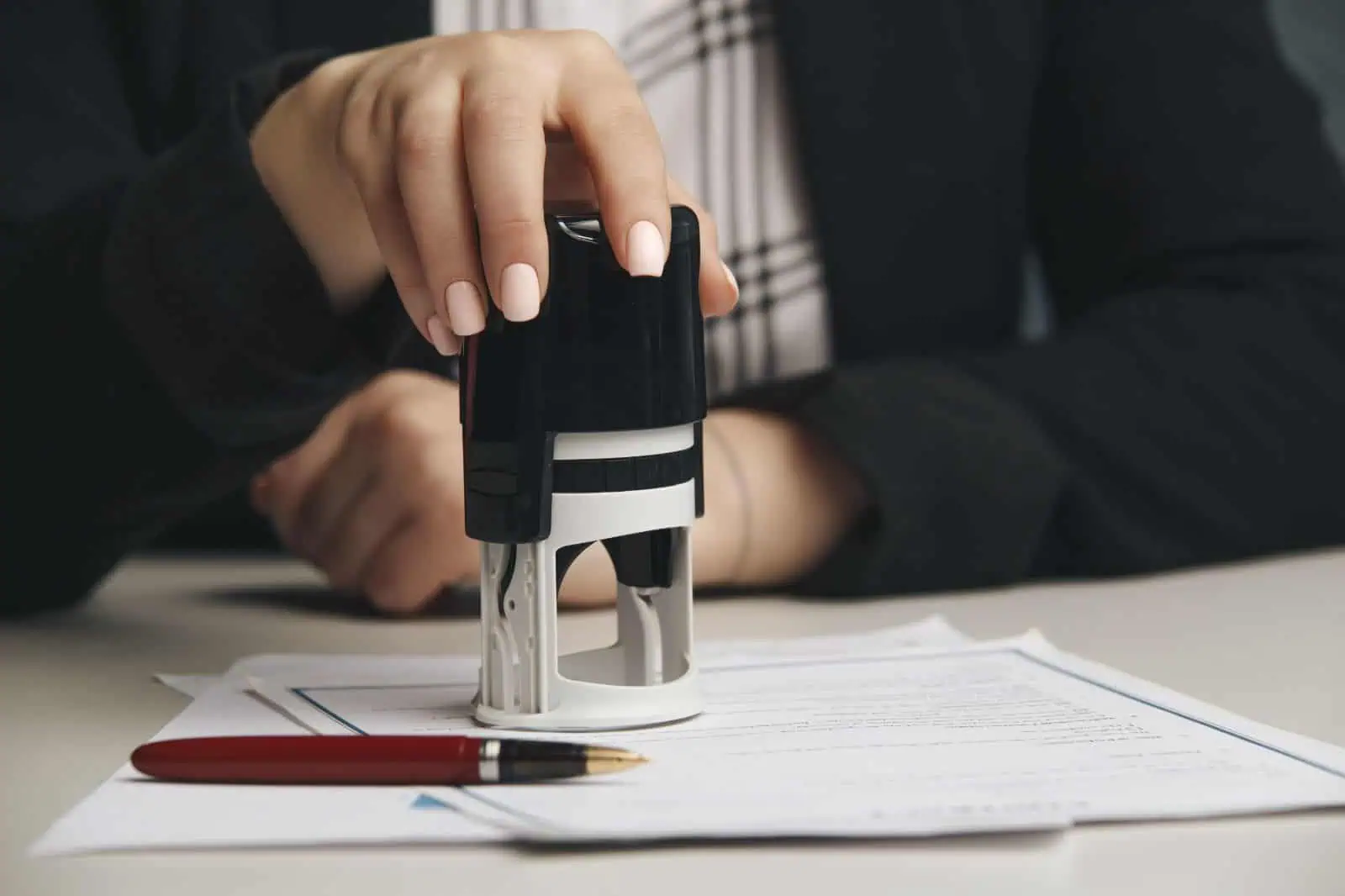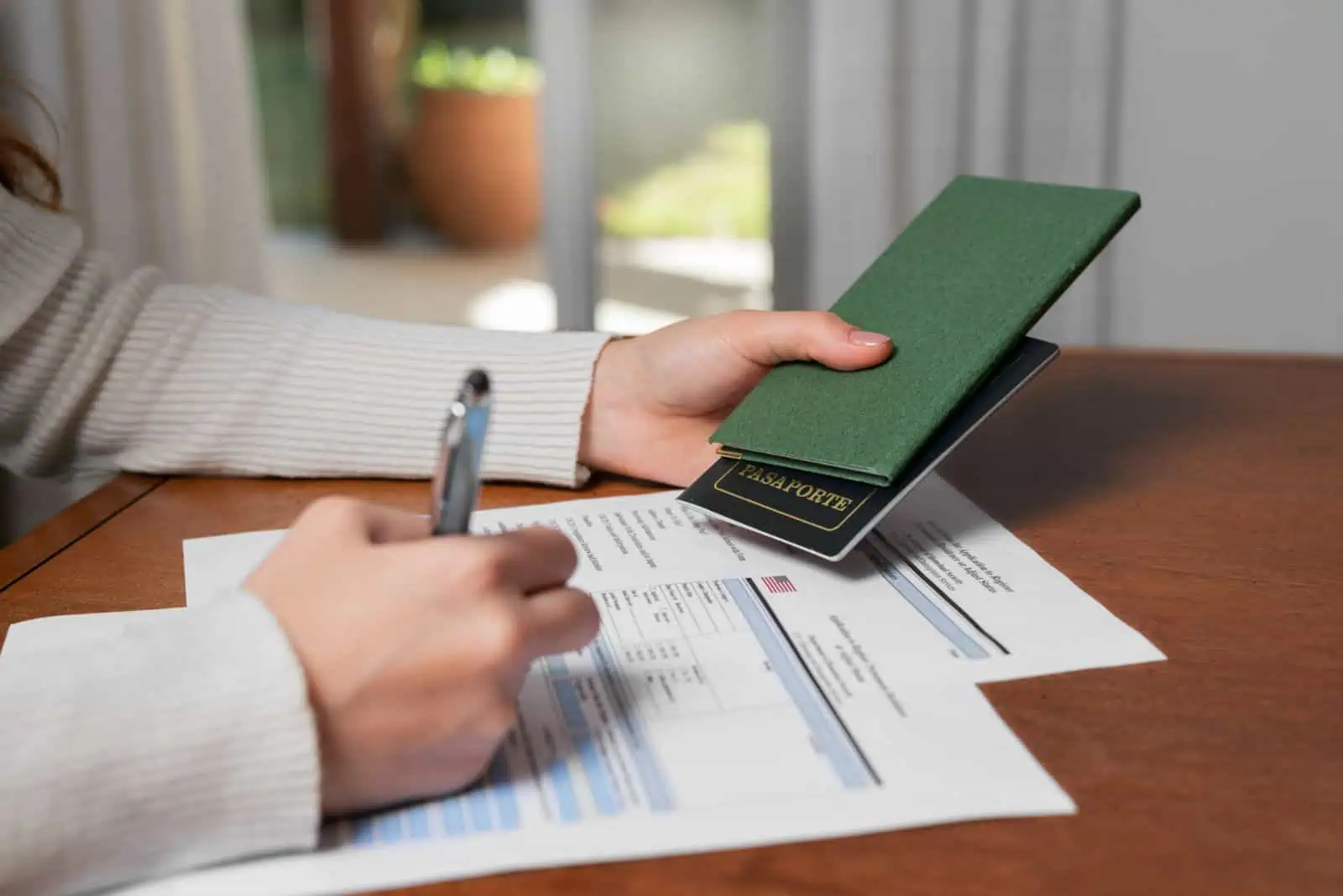Introduction
Rent benefit, also known as “huurtoeslag” in Dutch, is a government assistance program designed to provide financial support for rental costs, particularly for low to middle-income households in the Netherlands. This benefit helps ease the burden of expensive rents and is available to those who meet specific eligibility criteria. In this guide, we will explore the requirements for rent benefit, the income and rent limits, and the application process.
Eligibility for Rent Benefit
To qualify for rent benefit, applicants (and their fiscal partners) must meet the following conditions:
- Age Requirement: You and your partner, if applicable, must be at least 18 years old.
- Self-Sufficient Accommodation: You should be living in self-sufficient accommodation with your own bedroom, bathroom, and kitchen. Generally, renting a room is not considered independent accommodation.
- Valid Rental Agreement: You must have a signed rental agreement with your landlord or housing corporation.
- Registration: You must be registered with the municipality at your current home address.
- Nationality or Residence Permit: Applicants must be Dutch nationals or EU/EEA nationals with a valid residence or work permit.
- Income and Assets: The combined income and assets of the household should not exceed certain limits. As of 2023, the income limit for singles is around €31,000 and €41,000 for couples. Savings and investments should also be within specific thresholds, which are €33,748 for individuals and €67,496 for couples.
Applying for Rent Benefit
If you meet all the requirements for rent benefit, you can proceed with the application process. Follow these steps to apply:
Check Eligibility Changes: If your situation changes, for example, a decrease in income or a change in household composition, it’s important to check whether you are now eligible for rent benefit.
Online Test Calculation: Before applying formally, you can make a test calculation for benefits on the toeslagen.nl website. This will give you an estimate of the rent benefit you might receive.
Apply Online: To apply for rent benefit, visit the official website of the Dutch tax office (Belastingdienst). You’ll need to create an account and have a DigiD, a secure digital identification used in the Netherlands. If you don’t have a DigiD, apply for it beforehand.
Additional Help: Some rental agencies or landlords can assist you in checking your eligibility for rent benefit before renting a property. It’s worth exploring this option to determine your eligibility in advance.
The New System of Rent Allowance
The rent benefit system underwent changes in 2020 to eliminate the poverty trap where even a slight increase in income resulted in losing the benefit entirely. The new system now combines a “personal contribution” with a “rent subsidy,” making it more financially manageable for applicants.
- If you have a very low income, your personal contribution will be minimal, and you’ll receive a higher rent subsidy.
- If your income is near the limit, your personal contribution will be higher, and the rent subsidy lower.
Rent Allowance Amounts for 2025
The rent allowance amounts vary depending on your age, living situation, and whether you live alone or with a fiscal partner. Here are the key figures for 2025:
Over 23 and Living Alone:
Monthly basic rent should not exceed € 900,07
Savings/investments should not exceed € 37,395 as of January 1, 2025.
Over 23 and Living with a Fiscal Partner:
Monthly basic rent should not exceed € 900,07
Combined savings/investments should not exceed €74,790 as of January 1, 2025.
Under 23 and Living Alone:
Monthly basic rent should not exceed € 477,20
Savings/investments should not exceed € 37,395 as of January 1, 2025.
Under 23 and Living with a Fiscal Partner:
Monthly basic rent should not exceed € 477,20 (unless you have a child, then the rent may be € 900,07)
Combined savings/investments should not exceed € 74,790 as of January 1, 2025.
Understanding these figures will help you assess your eligibility and the potential amount of rent benefit you could receive.
Conclusion
The rent benefit (huurtoeslag) in the Netherlands provides valuable financial support for those facing high rental costs. To apply for this benefit, ensure you meet the eligibility criteria, gather the necessary information, and submit your application through the Belastingdienst website. By understanding the new system and the rent allowance amounts for 2025, you can better plan your finances and determine if you qualify for rent benefit assistance.











